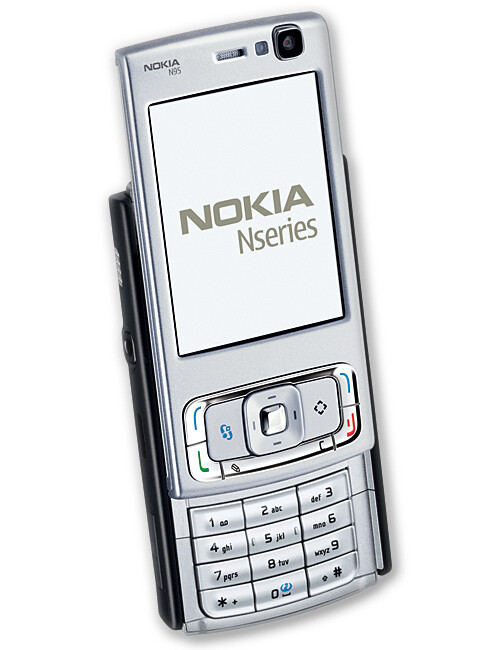Once when I was in my teens, I was talking to a fellow older colleague about handphones. It was still the era before Android, during a time when Nokia and Sony Ericssson was still in the market. My colleague was saying he would buy a particular model of phone (which I forgot what it was), and I asked why did he not buy the new Nokia N95, with all the newest functions and capabilities? It was considered the dream phone to me at that time.
But my colleague gave me a reply which I remembered till this day: “Yes it has a lot of functions. But if you are not using all of the functions, then aren’t you paying for something which you don’t need?” I understood the logic immediately, and it was a lesson learnt at that time which I remembered and applied till today.
Not only does this applies to buying a phone, it applies to every other aspect of our lives too. Be it the purchase of a car, a fanciful house, computers, spectacles etc. Yes you need a mode of transport, a normal Toyota would do the job. You do not need an Audi. Your car’s awesome horsepower will not get you anywhere much faster with all the speed limits and traffic lights along the way. Many would like an Intel I9, high powered graphic cards, maximum DDR4 RAMs etc (you get the gist), but many would use their PC to either watch Youtube videos or do some administrative work, and at most play games. Yes there are certainly many resource intensive games in the market, but PCs of that high specifications would generally be used for designing and animation, which requires a lot of computing power for rendering. Buying such overpowered equipment to do simple things is simply an overkill.
As technology progresses, there are always better things in the market. A newer phone, a more powerful PC, a better designed car. Things change and improve rapidly. As a result we are always changing the products we have around us. How often do we change the equipment and gadgets around us, even before they are spoilt? Nowadays people throw away the things that can still be used, to buy a more expensive and improved product, so that they can use the same few functions all over again. Is that not a waste of money?
Mathematically speaking, we can derive the following:
Supposedly a Samsung phone cost $600, which can be used for 3 years (pretty reasonable amount of time). That will work out to be $200 a year.
A person uses the phone for only 2 years, and on the third year changed out the phone for an upgraded version.
Upgraded Samsung phone costs $900, which can also be used for 3 years = $300 a year.
The moment the person changed out his phone at the end of the second year he loses $200, making the cost of his phone to be $300 per year.
He then buy the upgraded phone at $900, most likely using the same functions as the lower level phone.
Again this time, he may be using it for another 2 years too.
With the example above, I guess you can guess another company that does that all the time with its phones and slight incremental improvisations.
The same applies to, but not limited to, all other gadgets and equipment mentioned above. Each time you change an equipment ahead of its reasonable expiry date, you are wasting money. Note that I am not talking about using a particular gadget or equipment until it totally cannot be used anymore. I know that mobile phones and PCs will become slow over time, cars will require higher maintenance as it gets older etc. We are talking about a reasonable time frame which a particular product can still be used without causing excessive frustration to the user.
The chase for the latest trend and the latest technology, coupled with our interest in the new and boredom with the old has cost many a lot of unnecessary spending. While each individual spending may range from small (change of phone) to a big spending (change of a car), everything adds up and saps away at your snowball of wealth.
If you are aiming for financial freedom, every bit counts. We are not going for a stingy life, but we are going for a life without unnecessary or wasteful spending. Accumulate your wealth bit by bit, and very soon your snowball will get easier to roll.
Showing 1 - 3 out of 3
Page 1 out of 1
| - | Shop Products | Price | |
|---|---|---|---|
|
|
$99,999.00
|
||
|
|
$1.00
|
||
|
|
Price range: $69.00 through $99.00
|




